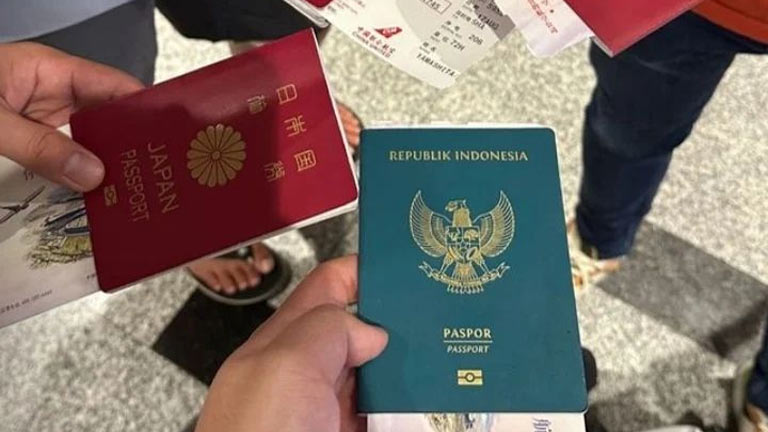
International travel has become an important aspect of our lives in today’s interconnected world. It allows for cultural exchange and collaboration in business and promotes tourism.
Getting a visa can be quite challenging for many travelers, especially those from Asian countries. There are several reasons why it can be challenging for Asian people to obtain visas. These include factors like geopolitical issues, worries about immigration, and security concerns. These challenges can significantly impact individuals, families, and economies on both sides.
Why is It Difficult to Get Visas to Western Countries for Asian People
Diplomacy and International Relations:
Diplomatic relationships between countries often have an impact on visa policies. Stricter visa requirements or limitations on certain nationalities can arise due to political tensions, historical conflicts, and strategic considerations.
Asian countries have different diplomatic histories, and sometimes these histories can unintentionally impact the process of issuing visas.
Immigration-Related Issues
Visa policies are greatly influenced by immigration. Decisions can be influenced by concerns about individuals who stay in a country longer than their visa allows or who try to find work not permitted by their visa. Governments might decide to implement stricter measures in countries that they perceive as having higher immigration risks.
This could potentially impact Asian travelers who are looking for better economic opportunities.
Security and Terrorism Issues to Consider
Ensuring security is a top priority regarding a country’s visa policy. After the global terrorist attacks, countries have become more careful when issuing visas to people from regions that might be linked to higher security risks.
Unfortunately, certain Asian countries have faced unfair stigmatization because of isolated incidents.
Absence of Mutuality
Reciprocity in visa policies refers to the practice of countries having agreements to grant visas on similar terms. Sometimes, there can be differences in the rules for visa-free travel or getting a visa upon arrival. This can make it more difficult for people from certain Asian countries to get visas than people from other parts of the world.
Strict Visa Policies
The Western countries have strict visa policies and requirements to prevent illegal immigration, terrorism, and overstaying. They may also have quotas or caps on the number of visas they issue to certain countries or categories of applicants. To get an e-visa from Qatar or Asia to another country, you will need to apply at the embassy or consulate of the country you wish to visit.
Economic Inequality
Economic factors can also influence visa difficulties. Governments of economically disadvantaged countries may impose stricter visa requirements to discourage citizens from leaving for better financial opportunities elsewhere. This is done to prevent a significant loss of skilled individuals, commonly called “brain drain.”
Intricate Application Procedures
Applying for a visa can be complicated and requires much effort. It involves gathering and submitting many documents, attending interviews, and paying fees.
Applicants from countries with limited resources or English proficiency, which is often the case in some Asian nations, may find these processes particularly challenging.
Discrimination and prejudicial assumptions
Implicit biases and stereotypes can influence visa decisions. People from certain Asian countries may experience discrimination when they travel because some people have misconceptions about their intentions, economic status, or cultural differences. Unjustified visa rejections can occur as a result of this.
Conclusion
Obtaining visas for Asian people can be challenging due to various factors, including diplomatic, security, economic, and social considerations. These challenges have consequences beyond affecting individuals who want to travel. They also impact international relations, cultural exchange, and economic growth.
Countries must protect their borders and national interests, but we must also find a balance that treats travelers from all regions fairly and equally. This is crucial in creating a more connected and understanding world.




